Vote to end homelessness.
At Sacred Heart Mission, we are committed to strengthening communities through inclusion, empathy and social justice. As we work towards a future where everyone is respected and celebrated for who they are, advocacy is not just part of our vision; it’s the driving force behind creating lasting change.
This Federal Election, we are raising our voices for our community. On this campaign page, you’ll discover the issues that matter deeply to us and the people we work with. We’ve also taken a close look at how the major parties’ promises align with our vision for a better, fairer future. You will also hear from our Executive Advisory Group on Lived Experience (EAGLE), on why voters should care about these issues.
Together, we can ensure that no one is left behind.
Diversity, Equity & Inclusion
With over 40 years of human services experience, Sacred Heart Mission knows that homelessness stems from social exclusion, inequality, discrimination, racism and poverty. That’s why we are strengthening our commitment to advancing Diversity, Equity and Inclusion (DEI).
DEI is not about favouring certain groups or following a trend, nor does it benefit only a few. It’s about celebrating difference, creating fairer opportunities for everyone and removing barriers that hold people back.
Sacred Heart Mission’s core principles – our commitment to human rights and centring the voices of lived experience – are deeply connected to the key principles of DEI. These values guide us on our journey towards an inclusive and fair society where everyone can live a fulfilling life.
Election day is Saturday 3 May. Below, you’ll discover the issues that matter deeply to us and the people we work with. Underneath each issue area we have also tracked how the major parties’ promises align with our vision for a better, fairer future.
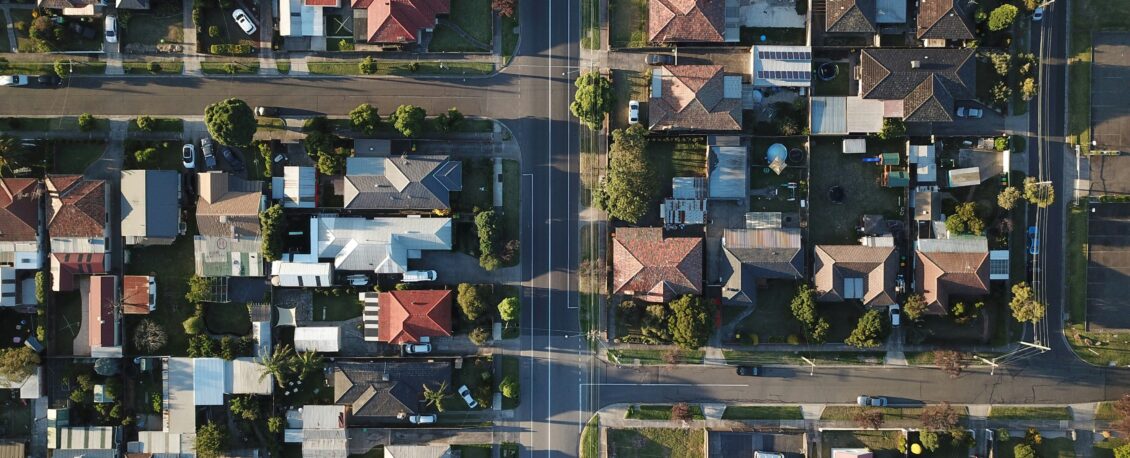
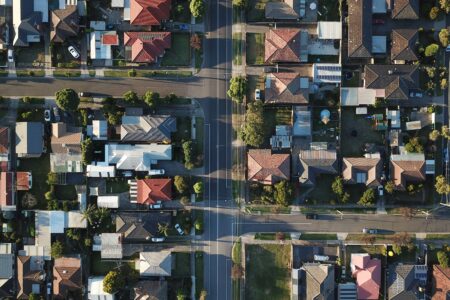
More social housing
“Your vote can change legislation and strengthen social housing commitments. It needs to meet today’s needs. Waiting 15 years for housing is totally unacceptable. Everyone deserves the right to have a safe home.” – Executive Advisory Group on Lived Experience (EAGLE)
At least 640,000 Australian households have housing needs that are not currently being met – they are experiencing homelessness, in overcrowded homes, or spending more of 30% of income on housing.
Investing in social housing saves the government money in the long term – underinvesting in social housing costs us $676.5 million per year.
We need the Federal Government to build 25,000 social housing properties every year.
By doing so, we will generate an economic output of $12.7 billion will be generated, creating 15,700 jobs and adding $4.7 billion to GDP.
What each party is promising on social housing
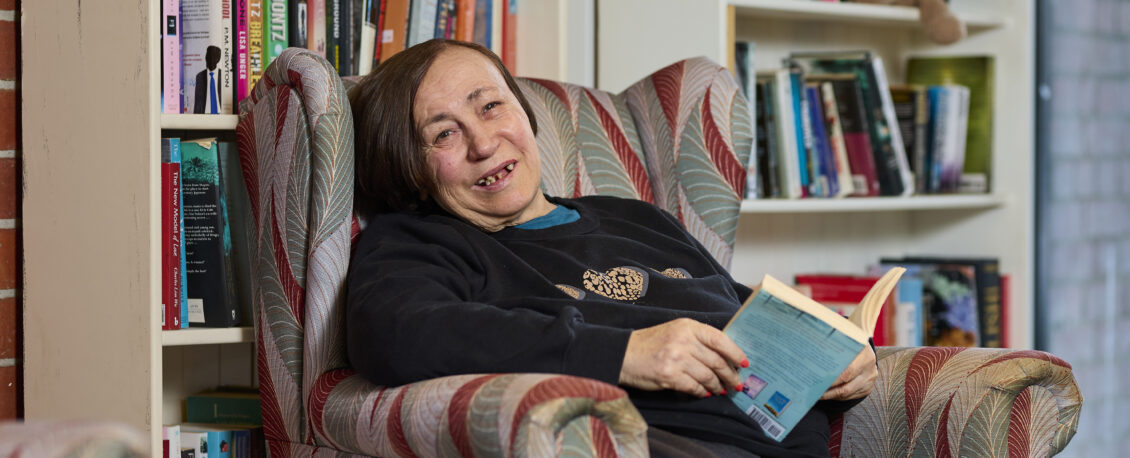
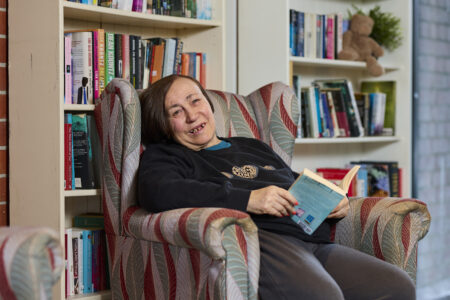
Increase income support
“Proper income support allows people to heal and live with the dignity, which is a human right. We proved that increasing income support during Covid dramatically reduced poverty. We’ve done it before, we can do it again.” – Executive Advisory Group on Lived Experience (EAGLE)
Australia’s income support payments are completely inadequate to cover the basics – the JobSeeker payment is just 43% of the minimum wage, or $56 per day. This impacts around 1 million Australians receiving either JobSeeker or Youth Allowance.
Of people receiving the JobSeeker Payment:
- 52% are 45 years or older
- 44% have a disability or illness that prevents them from being able to work full-time
- 72% have had to rely on income support for 12 months or more
What each party is promising on income support
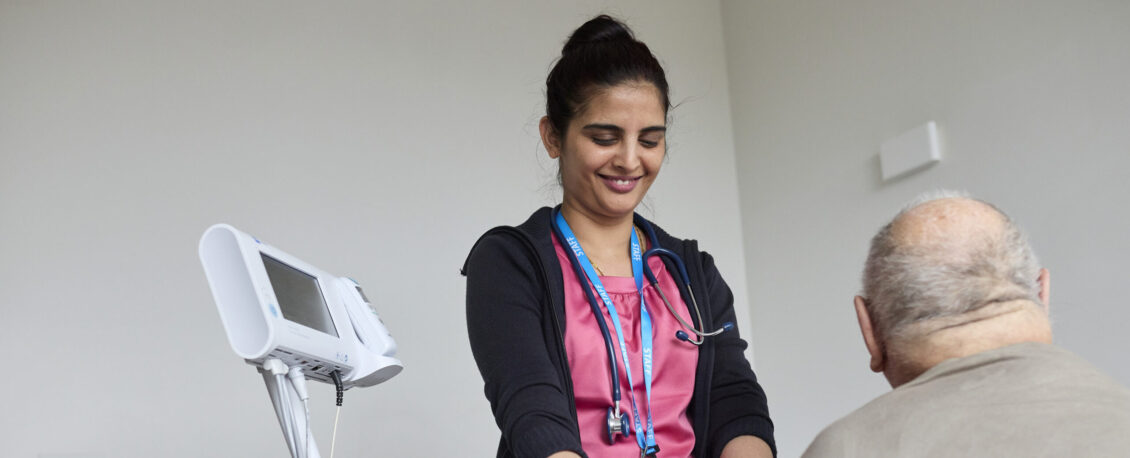

Improve health care access
“Better access to health services allows people the support they need to heal from their ‘backpack of traumas’. More bulk-billing, cheaper medicines, and mental health services are proven to cost society less in the long run, and will make everyone healthier.” – Executive Advisory Group on Lived Experience (EAGLE)
Ensure people experiencing homelessness receive the physical and mental health support they need.
- The experience of homelessness provides an immediate risk to people’s health, with potential long-term impacts including trauma and premature ageing and mortality. But the health needs of people who are experiencing or have experienced homelessness are often not met, not available or accessible.
- Up to 40% of deaths amongst those with histories of homelessness are the result of ‘treatable illnesses’.
- Accurate data is needed on how health inequalities for people experiencing homelessness is leading to premature death and denying people the right to live a good life.
What each party is promising on health care
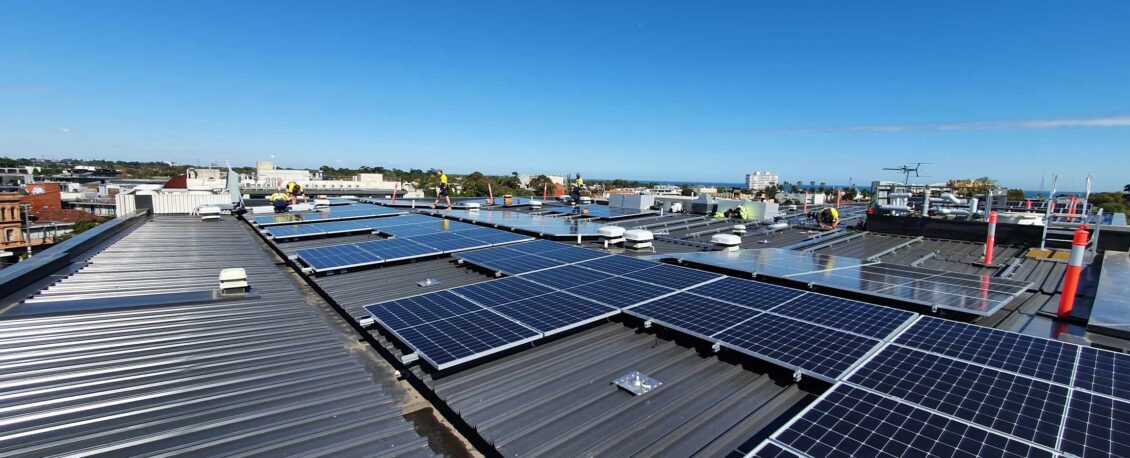
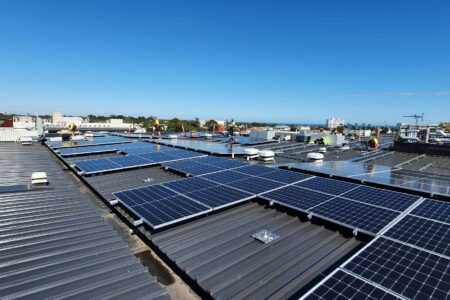
Climate action
“Lack of action on climate crisis leads to fire, floods and cyclones and places more people into homelessness. As these disasters increase, more people will need housing in the future. This housing must be future-proof and meet the highest climate and energy standards. We need climate action now.” – Executive Advisory Group on Lived Experience
We know that people experiencing poverty and disadvantage are impacted by climate change first, worst and longest because they have access to fewer resources to cope, adapt and recover.
- The climate crisis has severe impacts on health outcomes, livelihood and housing insecurity.
- People already experiencing deep disadvantage will be further left behind, and response and advocacy is essential in addressing this.
We need mandatory minimum energy performance standards, and targeted support for low-income households to invest in energy-saving measures like solar panels, electric appliances, and better insulation. We also want to see investment in making existing public and community housing more energy efficient.
What each party promising on climate action
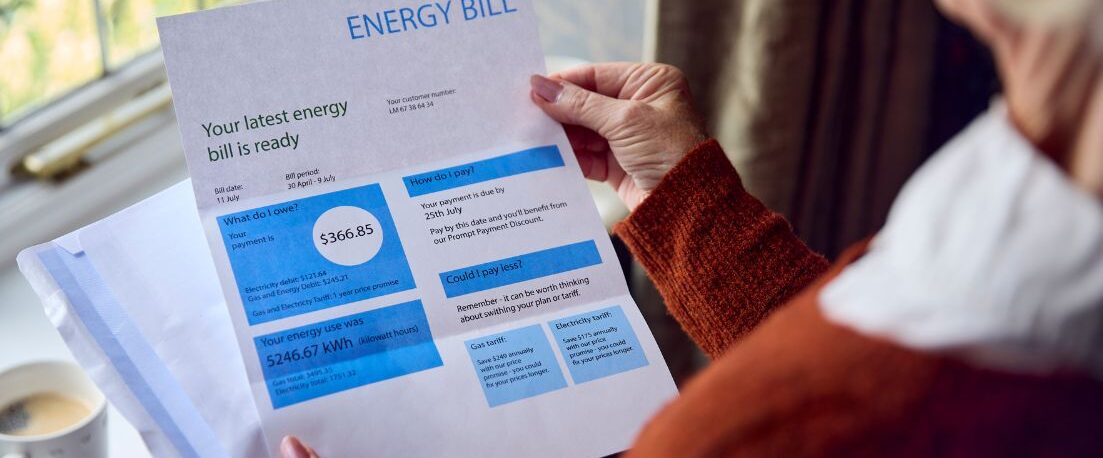
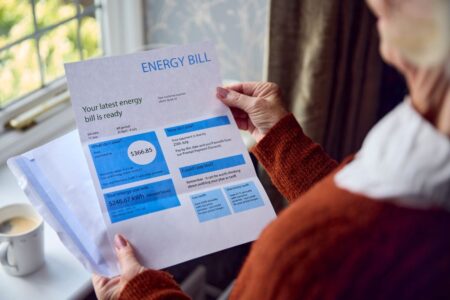
Progress since the 2022 election
Here’s some positive outcomes on our priority issues since the current Labor government was elected in 2022:
Social and affordable housing:
- New laws passed to create the Housing Australia Future Fund (HAFF), a $10 billion investment fund that will build 20,000 new social homes and 10,000 new affordable homes over five years.
- A new agreement with the States & Territories called the National Housing Accord to build more affordable housing – $350 million over five years.
- $2 billion was given to the States & Territories for social housing investment in 2023.
- The Home Guarantee Scheme was continued and expanded – the government buys some equity in homes, so that people can buy a home with a smaller deposit.
Income support:
- Commonwealth Rent Assistance was increased – by 15% in 2023, and 10% in 2024
- The JobSeeker payment was increased by $20 per week, from September 2023. In addition, long term jobseekers over the age of 55 now receive higher payment rates.
- Increased eligibility for the Single Parenting Payment – until the youngest child turns 14 (from eight years old).
General cost-of-living relief:
- Households received a $300 one-off rebate on their energy bills from July 1 2024.
- The Stage 3 Tax Cuts were changed, better supporting middle income earners and less support for people on higher incomes than the previous government had planned.
- Changes made to how student debt is indexed, and new payments for students undertaking professional placements for some degrees.
What this means
The Government has made a great start on investing in social housing, but after many years of no investment, there’s a long way to go.
Building homes, no matter where the money comes from, takes a lot of time. Having enough homes for everyone is crucial to alleviating the housing and homelessness crises in Australia.
The 5-year investments go beyond the current term of government. It is important to hold them accountable and make sure these promises are kept.
If you are currently experiencing homelessness or have no fixed address you can find out how to register for voting or where to vote on the Australian Electoral Commission website.
